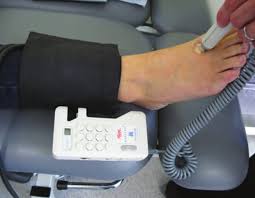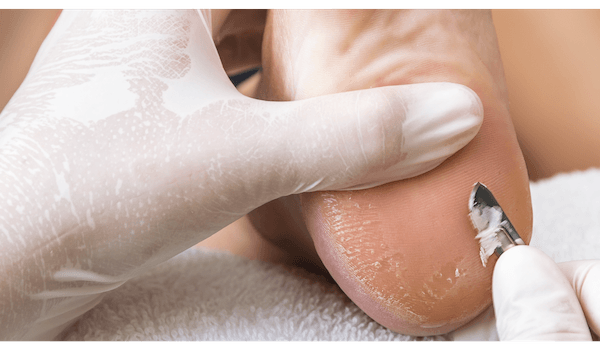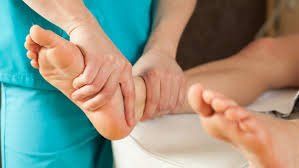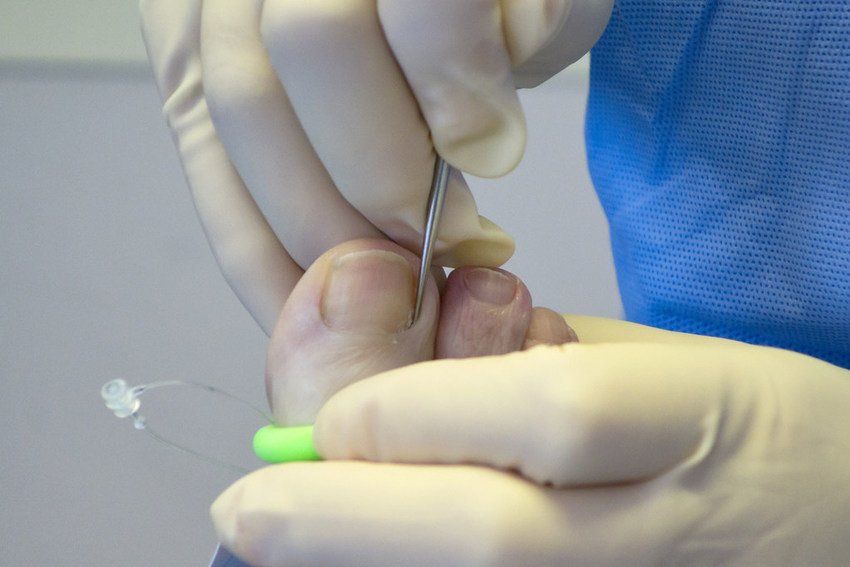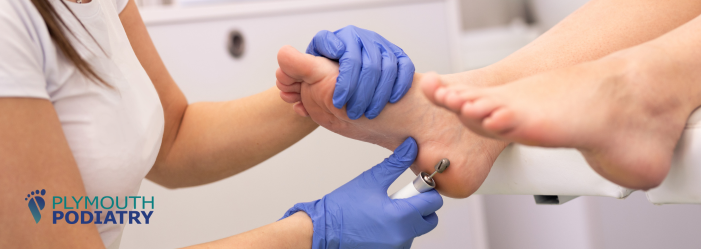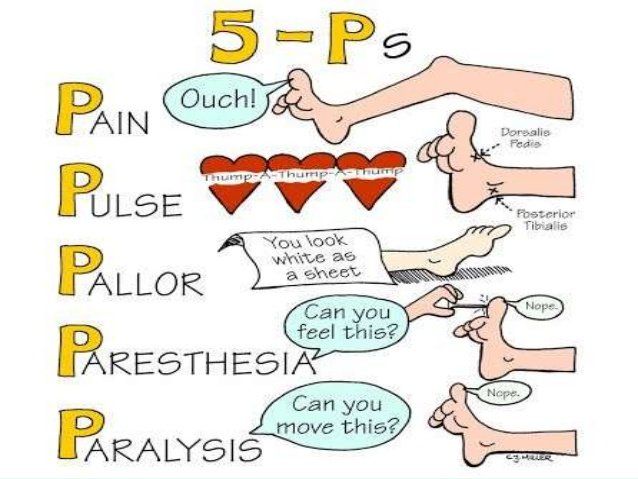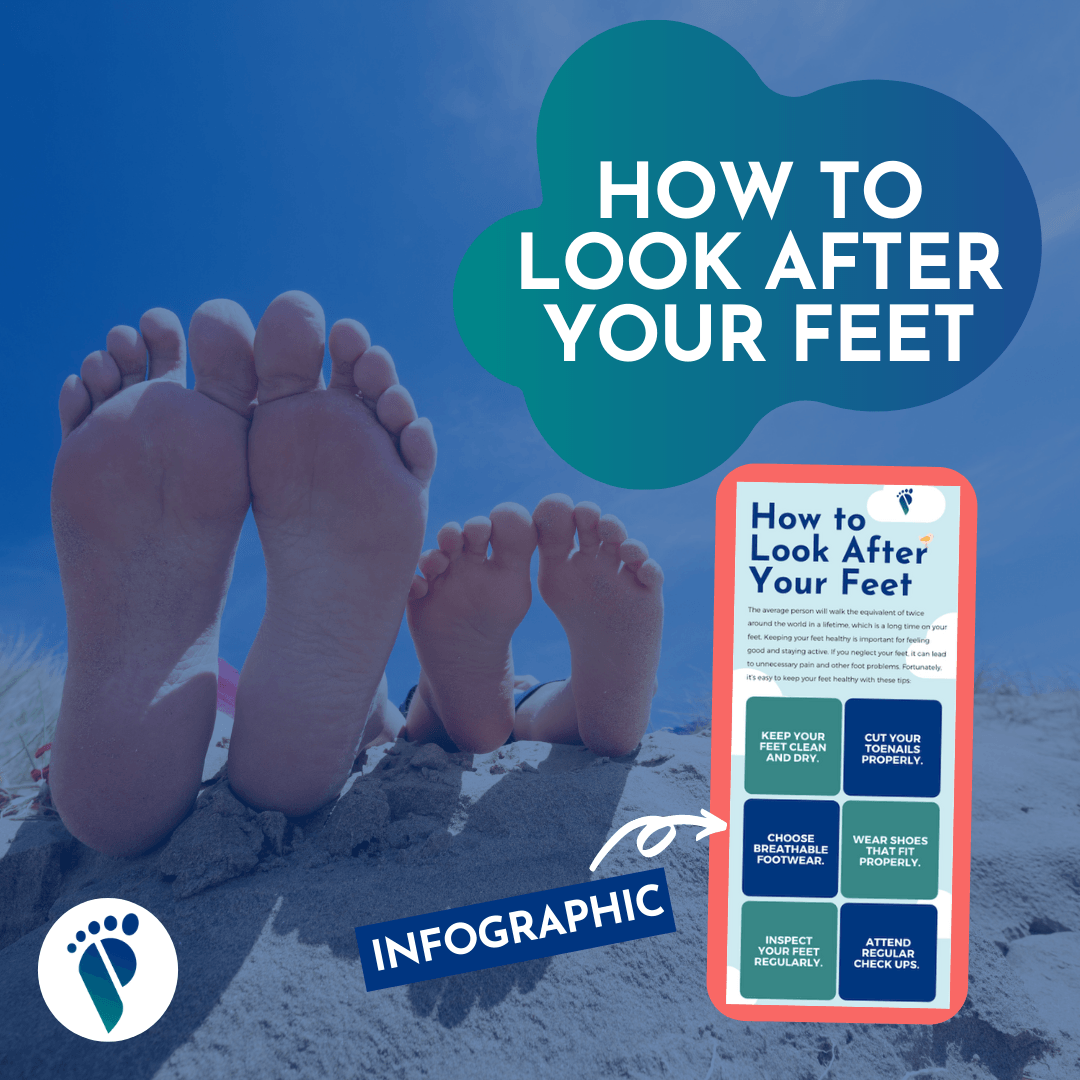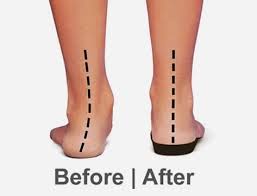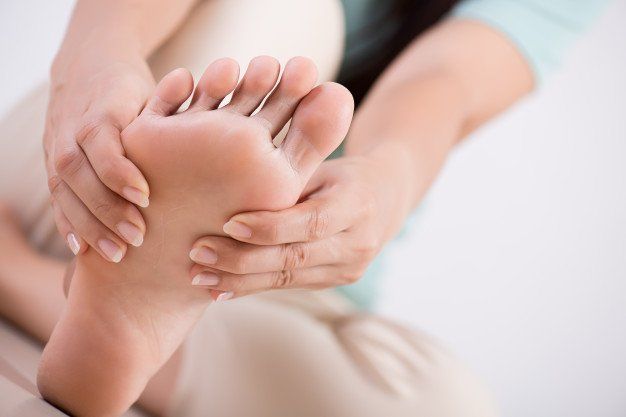By Jody Templeton
•
January 25, 2021
Achilles Tendinopathy is a common condition which causes pain and sometimes inflammation along the back of the leg near the heel. Achilles tendinopthy is caused by repetitive or intense strain on the Achilles tendon, the band of tissue that connects your calf muscles to your heel bone. This tendon is used when you walk, run, jump or push up on your toes. The structure of the Achilles tendon weakens with age, which can make it more susceptible to injury — particularly in people who may participate in sports only on the weekends or who have suddenly increased the intensity of their running programs. It is important to note that not all heel pain is achilles tendinopathy and not all achilles tendinopathies are treated the same. Overview A patient came into the Plymouth Podiatry clinic after being requested by her employer to seek the help of a Podiatrist at their cost. The patient's ability to work had been impacted by the pain she had been experiencing in her feet for the past 12 months. The patient presented with significant pain and inflammation at the point of insertion of the achilles tendon into the heel. She had sought help from her GP in the past, who had prescribed some stretches but these had not helped and her condition was worsening. Treatment Following an in depth Musculoskeletal Assessment at Plymouth Podiatry, we were able to come up with an accurate diagnosis of her condition. We were also able to identify some functional abnormalities which were likely to be causing the tendinopathy. Knowing the patients condition and identifying the cause enabled us to create a successful treatment plan which enabled the patient to return to work comfortably within 6 weeks. This patient's treatment plan involved some rest, and topical anti inflammatories alongside the correct exercise plan. We also prescribed a pair of bespoke orthotics which her employers were happy to pay for. I immediately informed the patient to stop the exercises prescribed by her GP as these were likely to be making her condition worse. Outcome The patient carried out the treatment plan while waiting for her orthotics to arrive. Her condition improved steadily until she was finally able to return to work pain free wearing her orthotics.


